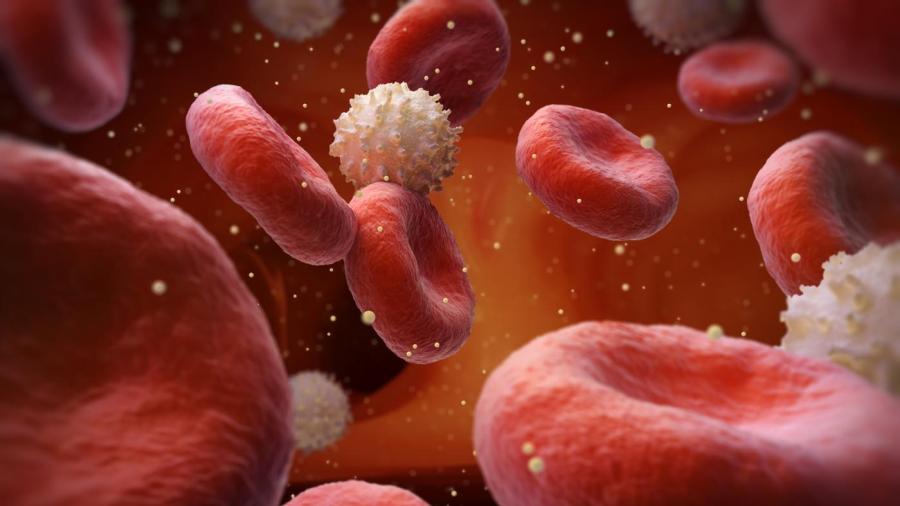What Happens to Excess Glucose?

The human body has several mechanisms to store or eliminate excess glucose from the blood. Glucose can be converted into a larger molecule called glycogen that is typically stored in the liver and muscles. When the body needs glucose, glycogen is broken down to provide an energy source.
When the body detects increased levels of glucose or amino acids in the small intestine, beta cells in the pancreas secrete a hormone called insulin that promotes the absorption of glucose by cells in the body. Insulin is also responsible for signalling the conversion of glucose into glycogen.
Another method the body has for handling excess glucose is to eliminate some of the glucose in the urine. In most cases, the glucose that makes its way to the urine is reabsorbed through the sodium-glucose cotransporter 2 channels in the kidney nephrons. These transporters reabsorb glucose and send it back into the bloodstream. If these transporters become saturated by high levels of glucose, the excess glucose is excreted in the urine. Certain medications, like the anti-diabetic drug canagliflozin, are specifically designed to inhibit the action of SGLT-2 and promote glucose loss. One of the hallmark symptoms of diabetes is glucose in the urine.





